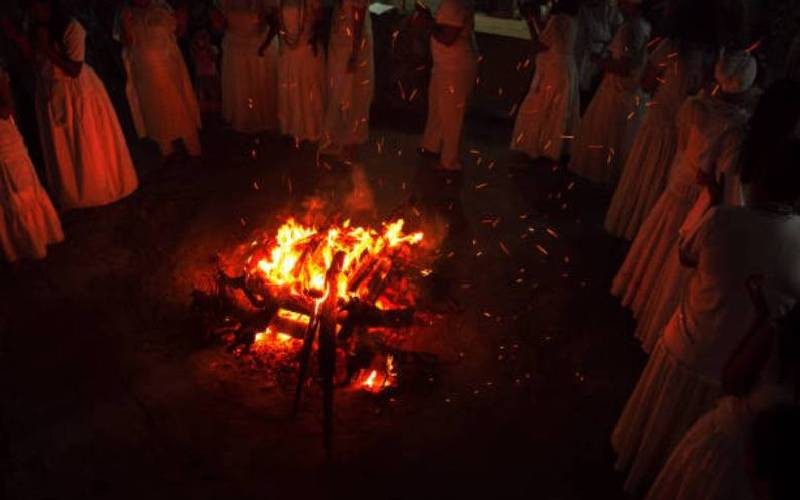
When we discussed the activities of Pastor Makenzi last week, the full extent of his atrocities had not yet emerged. It is now turning out that this was clearly a macabre massacre that has claimed over 100 lives. It is unfathomable how an individual could mete out such atrocity upon innocent people and yet remain totally sober and sane. The picture of a smiling and waving Makenzi as he got into a police vehicle at his recent arrest has completely refused to leave my mind. The man must be totally deranged to preside over the deaths of so many people, and especially children, and yet go home to sleep soundly and eat well - for there was no evidence that he was on the verge of starving to death like his victims.